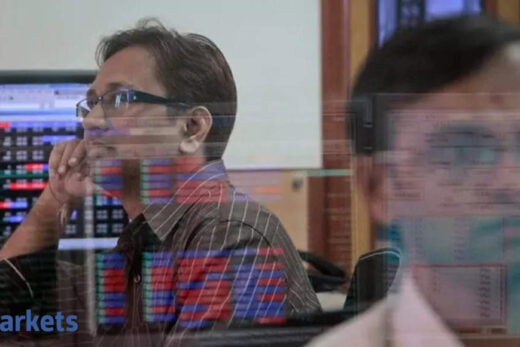The blue-chip CSI300 index fell 0.8%, to 4,973.35, while the Shanghai Composite Index lost 0.2% to 3,524.74 points.
China’s new bank loans fell to 1.08 trillion yuan ($166.5 billion) in July, the lowest in nine months.
Growth of outstanding total social financing (TSF), a broad measure of credit and liquidity in the economy, slowed to 10.7% in July – the weakest reading since February 2020 – from a year earlier and from 11% in June.
“We expect the slowdown and resulting headwind to the economy to continue in the coming months, further RRR and policy rate cuts notwithstanding,” Capital Economics said in a note.
Consumer staples led the decline, with the sub-index finishing down 1.8%.
Insurance sub-index declined 1.5%, as China’s banking and insurance regulator said yesterday it would step up its scrutiny of online insurance companies.
Healthcare shares tumbled, the sub-index slipped 1.5%, as the plunge of vaccine makers in US market yesterday curbed risk appetite, after EU said it was looking into new possible side-effects of mRNA COVID-19 shots.
The steel sub-index gained 2.5%.
The semiconductors sub-index rose 0.9%. The index has gained around 35% so far this year. The tech-heavy
market rose 0.5% on the day.
“We expect STAR/ChiNext to continue to outperform in the near term as they are skewed to new energy, semi and computers with improving fundamentals,” wrote Meng Lei, A-share Strategist at UBS Securities. “However, we do not think liquidity will ease further in the near term unless there is material downside risk to the economy.”



